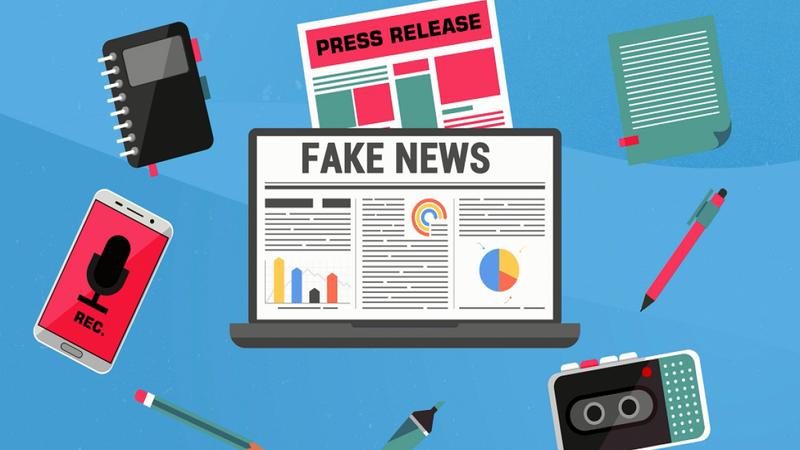
The proliferation of social media has fundamentally altered
the way in which we take in news because it provides rapid access to
information and serves as a venue for citizen journalism.
However, the veracity of news shared on social media
platforms has emerged as a major concern in recent years. Although platforms
for social media can be useful sources of news and information, they also pose
issues in terms of accuracy, reliability, and the propagation of false
information.
The ease with which false information and disinformation may
be spread on social media platforms is one of the key concerns that we face
today. It is challenging to confirm the veracity of material before it is
disseminated because of the rapid pace at which content on platforms can go
viral.
It is possible to transmit false or misleading news reports
very quickly, which can lead to their extensive circulation and the capacity to
affect public opinion. The veracity of the information shared on social media
is put in serious jeopardy as a result of this.
Another difficulty is from the fact that social media sites
do not provide any methods for accountability or fact-checking. Journalistic
norms, fact-checking methods, and editorial oversight are all practises that
are upheld by traditional news organisations.
On the other hand, social media platforms may not always
have robust processes in place to guarantee the correctness and dependability
of the content they publish, especially regarding news stories. This can lead
to the widespread dissemination of information that has not been validated or
is biassed, weakening trust in the news that is shared on these platforms.
The personalised nature of the algorithms used by social
media platforms can also contribute to the establishment of information bubbles
and echo chambers. The content that we encounter is tailored by algorithms
based on our tastes and behaviour, so creating a filter bubble that confirms
the beliefs and perspectives that we already hold.
This can result in a reduced exposure to a variety of
perspectives, which in turn lowers our ability to critically evaluate material
and prevents our preconceived views from being challenged.
It is essential for social media platforms, news
organisations, and fact-checking institutions to work together in order to effectively
solve these difficulties and increase users' level of trust in the content they
read on social media.
The various social media platforms need to make substantial
investments in effective processes to check the accuracy of the news items they
publish and to counteract the spread of disinformation. Users also play a
crucial role by actively participating in the critical evaluation of the
sources of news, the fact-checking of information before it is shared, and the
pursuit of reputable news channels.